Lost Retrospective | Looking Back On The Series Ten Years Later
Ten years ago, 18.6 million people flipped the channel to ABC for the first ever episode of Lost. From the still unknown J.J. Abrams (when Alias was the only noteworthy credit to his name), no one really knew what to expect. They knew a plane would crash and that survivors would have to struggle on a mysterious island, but what they couldn’t possibly know is that they were about to embark on one of the greatest events in televised history.
I say “event” instead of “show,” because that’s what Lost quickly became. Millions upon millions of people would gather around their televisions, desperate to dive back into the harrowing story of Oceanic Flight 815. In no time, the characters and mysteries surrounding Lost became the definitive topic of all water cooler conversations. To put it simply, Lost was the biggest cult TV hit to ever impact pop culture.
But Lost wasn’t perfect, and it’s fame slowly turned to infamy the longer viewers went without answers to their many, many questions. There were ups, there were downs, and there was quite possibly the most polarizing series finale ever written. Now, ten years later, let’s take a look at what made Lost the phenomenon it was, is and ever will be.
The beginning
Throughout it’s six-year run, Lost fervor swept up the masses as much as it did the critics. It was nominated for and won multiple Emmys (including Outstanding Drama Series, Best Lead Actor and Best Supporting Actor wins) and various awards from the multiple Guilds strewn across the nation. Today, it’s nearly unanimously put on all “The Best Of” lists, with The New York Times calling it “the show with perhaps the most compelling continuing storyline in television history.”
Today, it’s still wildly remembered for “the ending” and how different fan theories led to idiotic interesting ideas about “what it all meant.” In what follows, I’ll try to stay relatively spoiler-free for anyone wishing to dive-in (for the first time or for a long awaited repeat) tabula rasa.
The Characters
What Lost did so well was creating real characters with raw, complex and believable emotions. A heroin addict. A convict. A reformed Iraqi torturer. An estranged father. A con man. A man of science. A man of faith. Each and every mainstay had a deep, compelling backstory that would come forth and contextualize their thoughts and actions throughout each episode. Charlie’s heroin withdrawal on the island is powerful in its own right, but when the unique and tragic history behind his addiction is simultaneously revealed, we find ourselves with an incredibly detailed character on an arch we’re invested in. Which takes us to Lost’s single most noteworthy contribution to storytelling: the flashbacks.
Lost didn’t pioneer the flashback, but it certainly is the best example of the narrative power behind them. Each Lost episode focused on a single character. While the plot and mysteries surrounding them were a large focus, the momentum an episode pumped was always focused on a character’s past (or future, later on) and present. These flashbacks made us question the coincidences and mysteries that led each person to the island, with the best episodes simultaneously punctuating some great reveal or character moment. It’s done so well, you’d be a cynic to call it camp.
Chills.
The Mysteries
The flashbacks. The flash-forwards. Even the pseudo flash-sideways were mysteries in themselves, but what really kept the masses coming back for more were the many questions and conspiracies interwoven throughout the plot. Why are there polar bears on a tropical island? What is the black smoke monster? Are the numbers cursed? What makes the island special? Why are they here? WHO IS HENRY GALE?
The more mind-blowing mysteries they conjured, the more survival became second to getting our answers. Fans were so tied up in these questions that when answers were slowly revealed and their consequences enacted, they rippled through the audience like a shockwave, for better or worse.
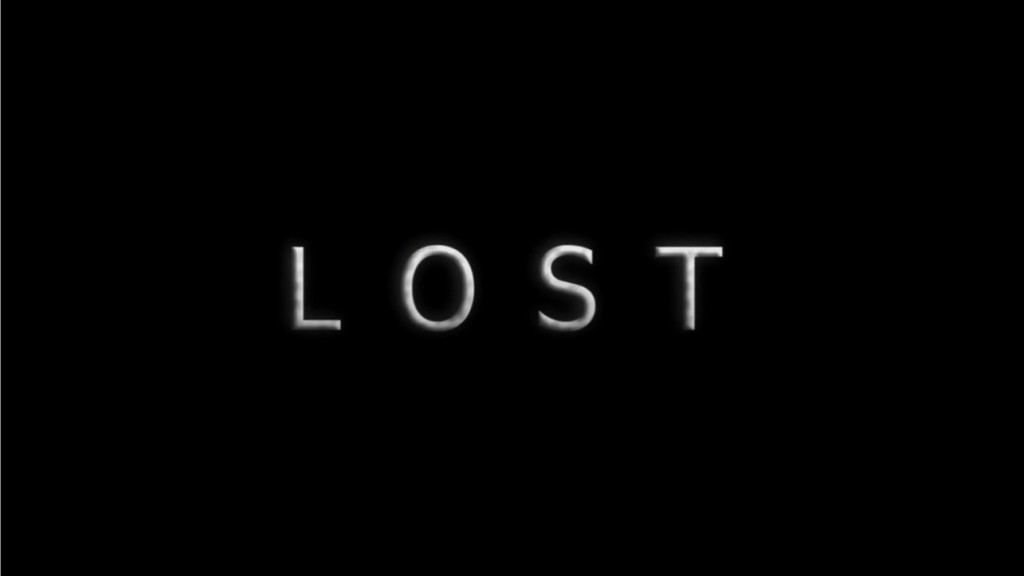
The problem with riding a tiger is when you eventually fall off. The writers of Lost did some incredible things, but when more and more episodes were ordered (121!), the obsessive answers craved by fans were replaced by even more questions. There’s a reason most of the best scenes are from Seasons 1-3. Lost stands the test of time as a pop culture tour de force not only for it’s stellar production and rabid fanbase, but as a warning to quality shows not to stay alive for the sake of it. For the Lost fans that slowly gave up, this happened somewhere along the road to Seasons 4-5, where more and more complexities were added for what seemed like the sake of it.
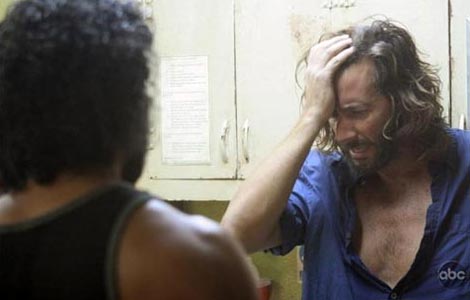
But for the purists, this didn’t matter. We trusted the writers to lead us back to the wonder and characters we’d love/hate, riding that rollercoster to an unknown destination. Lost was and is so fascinating because of the rift caused between this sort of audience and the more traditional viewer. To some, a scene could be deeply meaningful and revealing. To the faithless, the same scene could be viewed as another pointless mystery.
The Phenomenon
That duality was reflected in the show. Science vs. Faith. Choice vs. Destiny. Good vs. Evil. Lost wasn’t afraid to go after some of the biggest, toughest themes to pull off, and beyond anything else, that’s why we all became so attached to it.
Lost’s moments of brilliance and learned mystery let us believe we might find out something special about these questions and more. For every gasping, laughing or tear-shedding moment, we were reaffirmed that we were experiencing a once-in-a-lifetime event. That’s not to say this was actually the case, but the fact that we believed it was all Lost needed to be shot into the pop culture stratosphere.
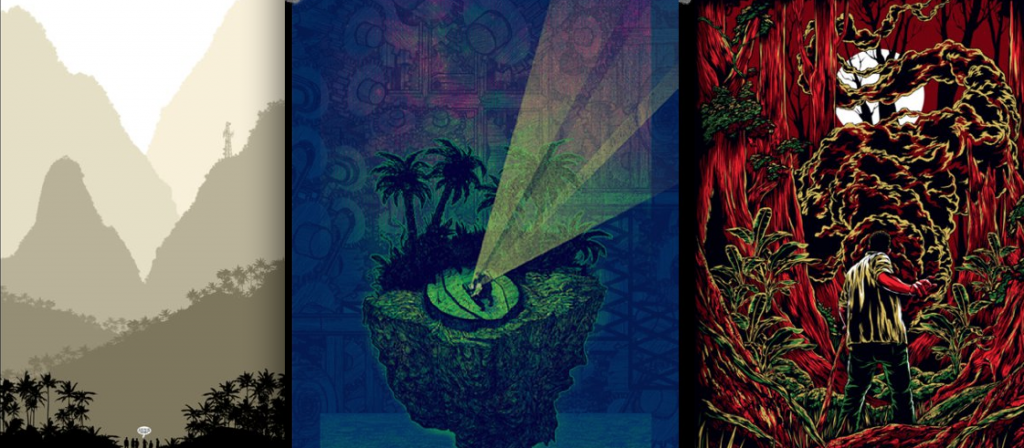
The answers we wanted were about us as much as they were the characters. Everyone knew it was just a TV show, but that didn’t stop us from creating in-depth wiki pages to compile every question and theory. It didn’t stop artists from being inspired or college kids from making silly parody videos. The amount of buzz created by Lost put it up next to Star Trek and Lord of the Rings in terms of an insatiable fanbase, and that fanbase permeated the mainstream and beyond.
Ten years later, Lost is still finding its footing in our collective memory. So many fans took to the message boards after the series finale to damn Lost to oblivion, only to realize years later that the characters were not dead the whole time. Others believed Lost to be perfect, only to go back and shun the cracks in its plot or characters.
No matter your opinion, you cannot deny Lost’s significance amongst TV history. New shows constantly try to capture the lightening Lost so famously bottled. Fans and critics alike still consistently lament Lost, acknowledging their shameless quest to try and fill that unique void left by the survivors of Oceanic Flight 815.
And that’s okay.
The truth is, we’re just lucky to have experienced something so unique in entertainment. Whether you followed it religiously, faded in and out or only knew Lost because your classmates/coworkers wouldn’t shut up about it, Lost reached just about everyone in some way. While TV has grown up and given us jewels like Mad Men, Game of Thrones and Breaking Bad, we’ll always long for the days of Lost and the unique phenomenon that dazzled us week-in and week-out. Whenever we look to the past, it’s always strange to think what the future will bring. Whether or not that means the next Lost is on the precipice is irrelevant. What matters is we got a Lost in the first place, and that’s what deserves acclamation.
“It only ends once. Everything before that…is just progress.”


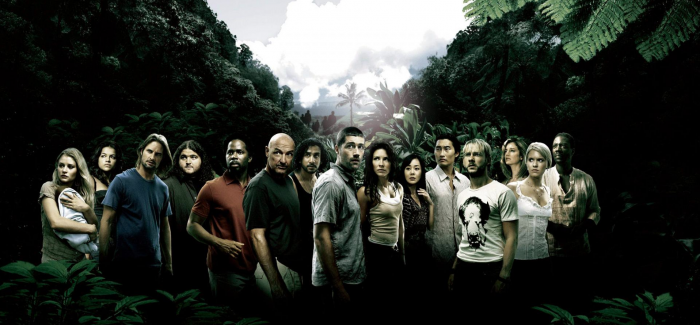
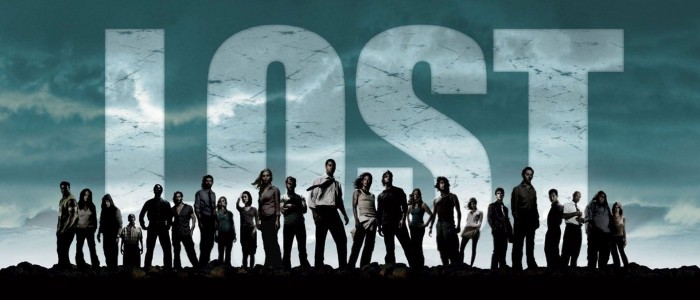
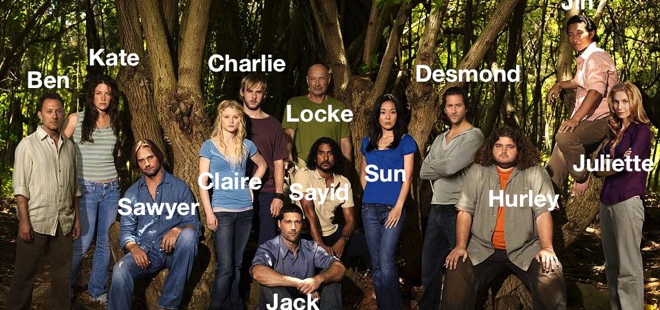
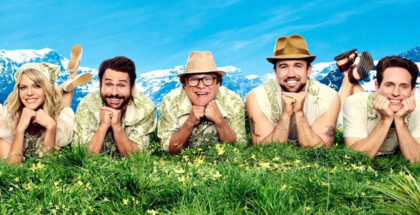
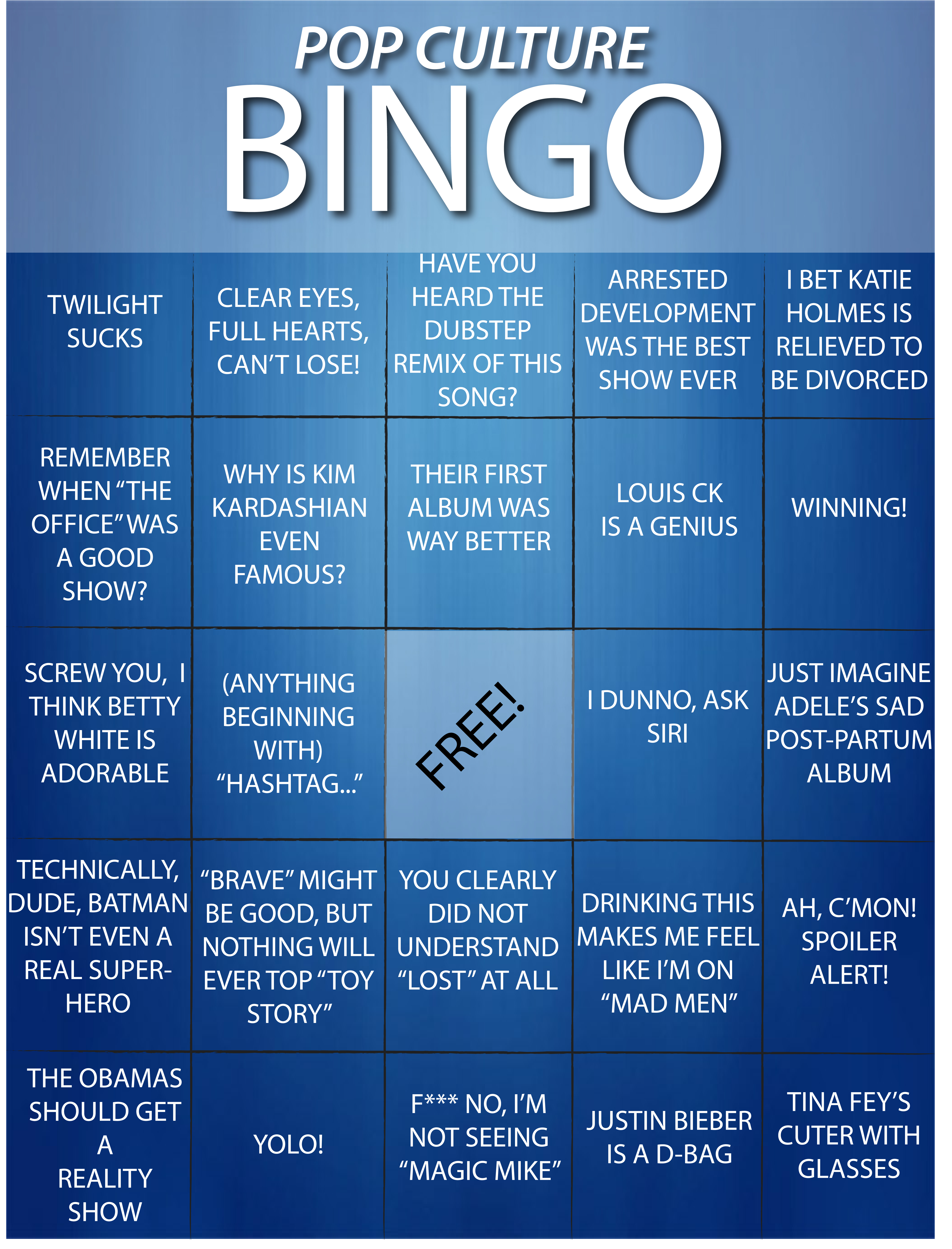

Submit a Comment